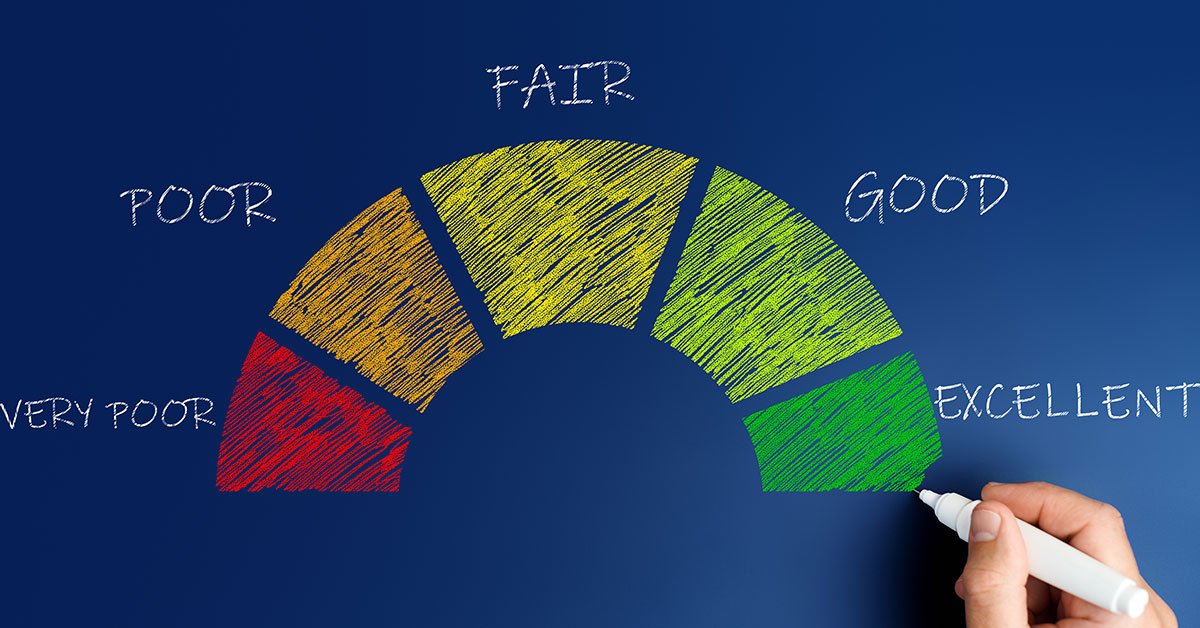
Financial New Year’s Resolutions to Consider for 2021
2020 wasn’t an easy year for most people’s finances. The coronavirus pandemic and ongoing problems with the economy were certainly unexpected, and for some, devastating. For many Americans, this meant dipping into savings or retirement funds to try and get by, and for some, it also meant job loss. But, now that we have an understanding of the current economic outlook and there’s hope for a better tomorrow, it’s time to start thinking about your 2021 finances.
Advice for Setting 2021 Financial Resolutions
It’s been said time and time again, but 2020 really was one of the toughest years we’ve collectively experienced in as long as most of us can remember. It’s easy to look back at the beginning of 2020 and feel discouraged about your goals and dreams that you didn’t accomplish. But, when you do reflect, try to come from a place of compassion for yourself.
2020 probably won’t be the clean slate you’re used to when starting a new year, but there’s still room to make small steps toward achievable goals. No matter what you want to achieve in 2021, it’s best to start working with S.M.A.R.T goals:
- S – Specific – Make sure any financial resolution you make is specific enough to make it clear what you’re trying to achieve. For example, instead of “save more money,” try “have $10,000 in savings by end of year”
- M – Measurable – This should be pretty straightforward when it comes to financial goals, but make sure it’s easy to know exactly how much progress you’ve made on your goal throughout the year.
- A – Achievable and Actionable – Don’t go for lofty goals. Financial goals shouldn’t be a “shoot for the moon and land amongst the stars” kind of thing. Instead, make a reasonable, easy-to-achieve goal. And make sure you create an action plan with clear steps to achieve it.
- R – Relevant – Your financial resolutions should make sense for the here and now. For example, you might want to save for a home in 5 years, but what steps do you need to take before you get there? Those steps should be your goal for this year.
- T – Timebound – Do you want to achieve your goal in 1 month? 3 months? By end of year? Whatever it is, make sure you give yourself a deadline, otherwise, you might never actually work on it.
Now that you have a general idea of how to set a financial resolution for yourself, let’s take a look at some specific suggestions. Even if these aren’t all applicable to you, they might get your wheels turning!
Stick to a Budget
Everyone should have a budget. It’s the foundation for being financially fit. To save money, get out of debt, or make a large purchase, you first need to know how much is coming and going out. Once you’ve got an understanding of your income and expenses, you can start to make adjustments to meet other goals. So, if you don’t already have a budget, then this is the perfect goal for you during 2021.
Tip: Take a look at our helpful budgeting tools to get you started on your first budget or improve upon an existing budget.
Get Out of Debt

Once you know how much money is coming in and going out, it’s time to look at your debt. A good, or even excellent, credit score is essential for your financial health. But you’ll never get there if you’re irresponsible with debt. But don’t be discouraged if 2021 was especially difficult. Make a plan for any extra income, or cut back on some expenses, and start paying off your highest interest debt first. Remember that the higher the interest, the more you’ll pay in the long run, so try to resolve that debt as soon as possible.
Tip: If you have a lot of high interest debt, consider a debt consolidation loan. It can help you combine your highest rate debt into manageable payments.
Increase Your Credit Score
If you’ve got a budget and you’re already paying off your debt, then your credit score is probably on your mind. Even if you have a good credit score, improving it opens a lot of doors. A higher score means better interest rates and more options for credit cards with better rewards, including cash back, which could mean you get paid for making the purchases you’re already making. To improve your score, make sure to keep your utilization below 30%, pay all your bills on time, and avoid hard inquiries.
Tip: If you’ve got a good credit score, consider the Visa Platinum Rewards card to earn points on literally every purchase you make.
Build Your Emergency Fund
2020 has taught us all some valuable life lessons, but certainly we’ve learned that the unexpected is always possible. So, if you’re starting to get into a better financial space than you were earlier in the year, then it’s time to start building your emergency fund. Ideally, you want your emergency fund to cover 3-6 months of expenses, but we know it can be tricky to build up that many savings. Start small, with a goal like $250 or $500. Adding a little when you can will eventually lead to big savings.
Tip: Go through our Building Emergency Savings module. It’s free, and it can help you make a plan for 2021.
Save for Retirement

A budget, getting out of debt, improving your credit score and building an emergency fund are really important first steps and excellent goals to work on when you’re coming out of a financially difficult year. But, it’s also important to think about the future. The earlier you start saving for retirement, and the more you invest now, the more that account will build up over time.
Tip: Don’t get discouraged if you got a late start. You can start investing at 40 and retire with an account that will get you through the rest of retirement.
And remember, these are just suggestions. Make sure you create a S.M.A.R.T financial resolution that fits your situation. And don’t get discouraged, thinking you have to achieve all these goals in 2021. Start with one goal and focus on achieving it. Then, you can always start a new goal. For help with all your goals, check out our moveUP financial wellness program where you’ll find resources, including free online modules, about all the topics we’ve covered today and more.









